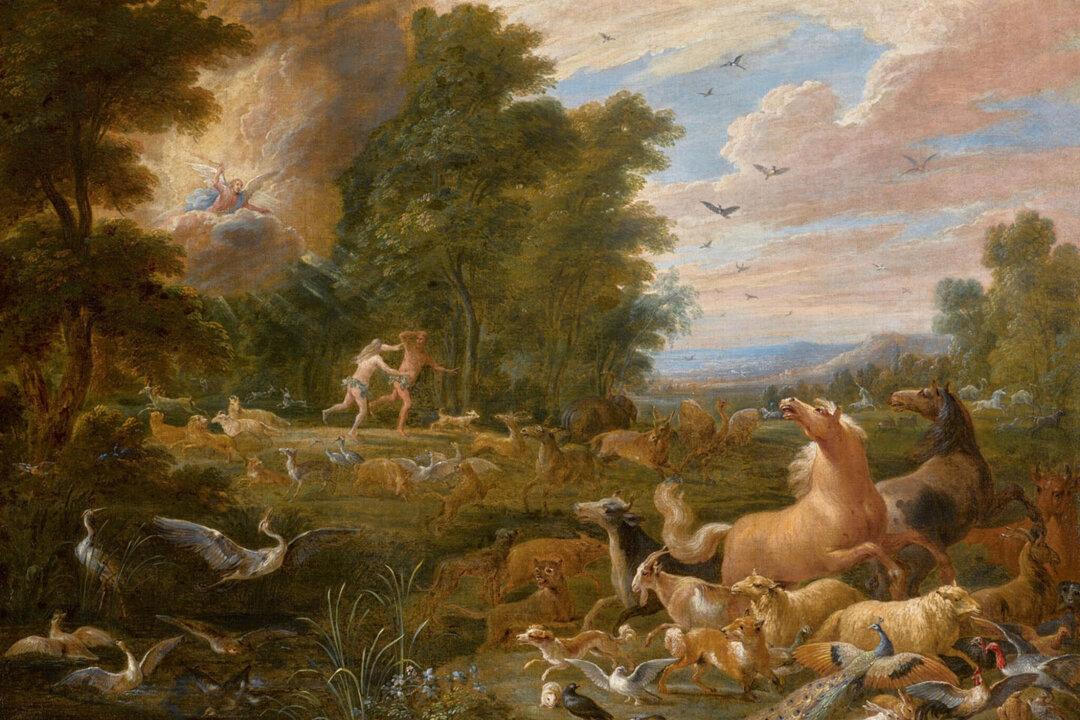I have written about myth and specific myths for quite a while now. These ancient tales appear distant, archaic, and irrelevant to modern cultural and political debates. And yet, the truth is that myths have never been more relevant. Why? Because, unlike modern theories that claim truth is entirely relative or culturally conditioned, myths propose that some truths are universal—eternal, even—and recur in every age, including our own.
Let’s start with a non-Western classic. “Tao Te Ching” affirms that “if one does not recognize the Eternal, one falls into confusion and sin.” That word—eternal—is key. It refers to truths that do not alter depending on the times or the trends. Greek myths, and many others across cultures, capture such truths in the form of a story, image, or symbol. They speak to the nature of reality, human limitation, justice, and the consequences of pride. That’s why they endure.






